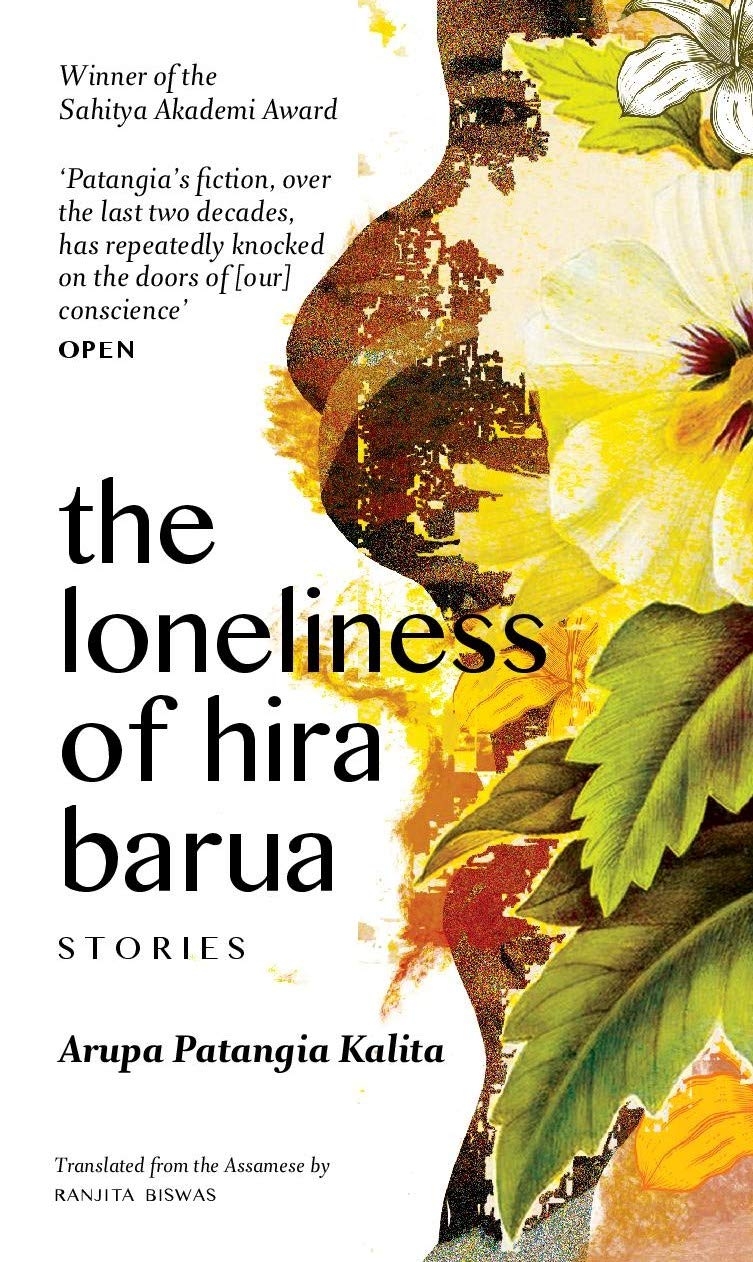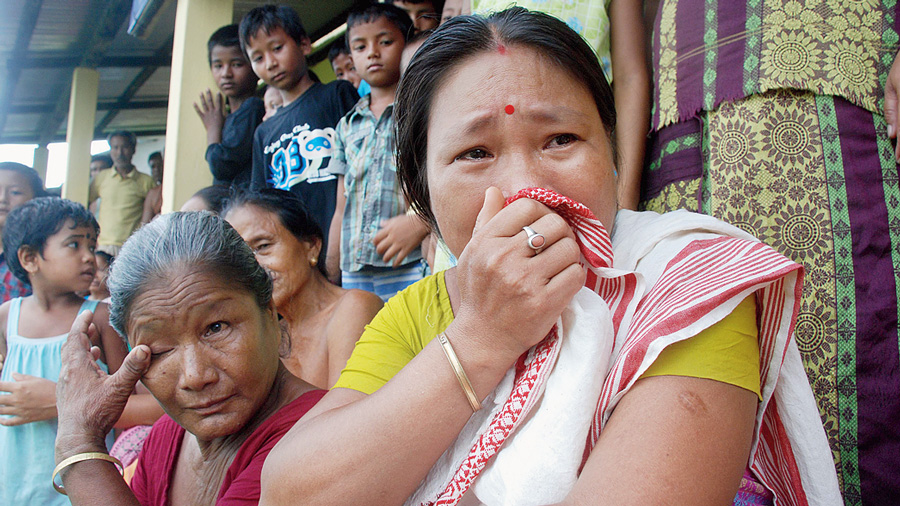BOOK: The Loneliness of Hira Barua
AUTHOR : Arupa Patangia Kalita
PUBLISHER: Macmillan
PRICE: Rs 450
Arupa Patangia Kalita is a powerful chronicler of the impact of political terror and the cultures of impunity on quotidian life in Assam. The Loneliness of Hira Barua — this is a very good translation by Ranjita Biswas of Kalita’s collection of fifteen short stories — is an instance of the Assamese author’s memorable depictions of ordinary lives in the shadow of terror. As the epigraph from the collection’s titular short story illustrates, the quotidian emerges in the interstices between people getting “used to” demonstrations of sovereign power and the banal temporalities of the “as usual” that encompasses the mundane mechanisms of ordinary life and the sudden intrusion of “exceptional” events. As violence descends upon the everyday in Kalita’s stories, it is rarely experienced as an exceptional explosion from the unknown by the protagonists. Instead, the anticipation and experience of terror are woven intricately into the fabric of the everyday.

The Loneliness of Hira Barua by Arupa Patangia Kalita, Macmillan, Rs 450 Amazon
At her best, Kalita evokes experiences of living with terror memorably through emotionally intense evocations of interlinked motifs. She had intricately linked the motifs of fire, red flowers, kandhuli fish and the smell of burning in her haunting novella on the period of the secret killings, Arunimar Swades (not in this collection). Elements of such intense, affective tapestries echo in the story, “The House of Nibha Bou”. The housewife, Nibha, is known for her housekeeping skills. Housekeeping represents a mode of ordering the inside of the home. But the fragility of the inside is brutally exposed when the “fire” of terror forcibly enters the domain of the home and destroys Nibha’s attempts at domestic organization. In stories like “Suagmoni’s Mother, the Storyteller”, tales narrated to children are deployed as critical counterpoints to devastating losses precipitated by acts of terror. “Suagmoni” is a response to the death of 10 school children in a bomb detonated by Ulfa on August 15, 2004 in Dhemaji. Suagmoni’s mother is unable to complete a story — about a boy tricking a cannibalistic ogress — she narrates to her daughter on the night of August 14. The bubbly Suagmoni is blown to smithereens the next day, and never gets to hear her favourite part where the ogress is killed by the villagers. The mother reflects that while the ogress of legend is killed, the ogress of reality has snatched her beloved listener of the tale from her loving embrace.
It would be unjust to call terror the sole concern of this collection. Kalita often dons the role of a social critic and evaluates the impact of consumerism, the amoral accumulation of wealth, and the massive divide between rich and poor. These concerns are explored via sympathetic portrayals, especially of aging female protagonists. Occasionally, cliched moral binaries creep into her portrayal of younger generations, as in the depiction of the shrewd girl who “targets” and “traps” Siddhartha, the naïve son of Brinda khuri in “A Cup of Coffee from Aunt Brinda.” Conversely, in the titular story, Kalita evocatively portrays experiences of loneliness and the powerful bond of friendship that emerge between solitary elderly people and nonhuman interlocutors. In “Hira Barua”, the eponymous protagonist develops a life-affirming bond with her Tibetan spaniel, Sonali/Sonamoni. While the lonely protagonist infantilizes the dog at the beginning and gets worried when Sonali disappears for long intervals, she “grins” and stops worrying at the end when she realizes that the dog is fornicating with another member of her species. Surprises emerge surreptitiously in such moments when humans recognize the Otherness of canine companions.










